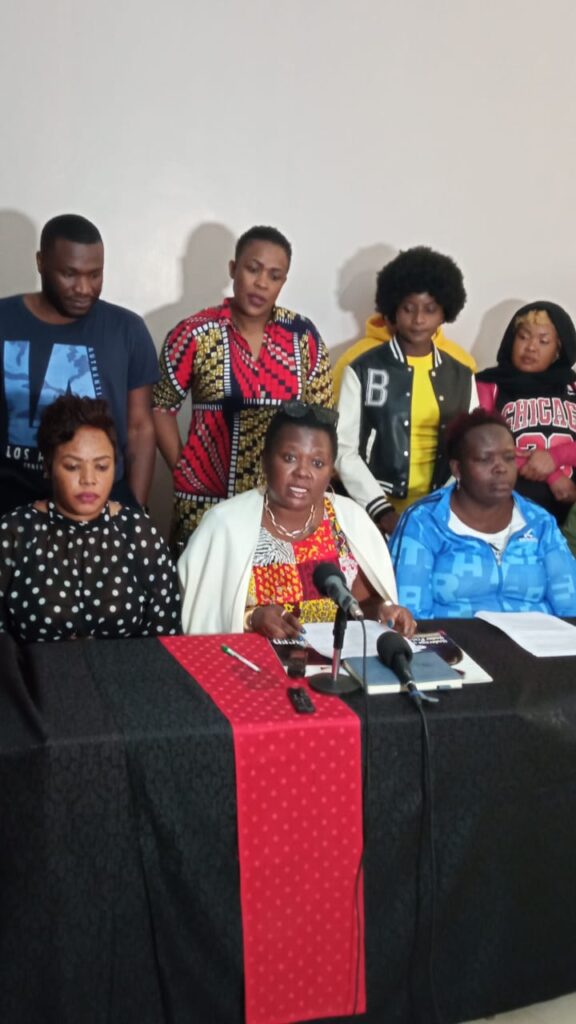
By John Kariuki
Outrage has erupted across Kenya’s rights movement following the shocking BBC Africa Eye documentary “Madams”, which exposed the recruitment, trafficking, and abuse of young girls. The sex workers movement, civil society organizations, and feminist leaders have come out strongly, branding the revelations a gross violation of human rights.
Leading the outcry, Phelister Abdalla, National Coordinator of the Kenya Sex Workers Alliance (KESWA), drew a firm line:
“The exploitation of children is not sex work. It is trafficking, it is abuse, and it is a grave violation of human rights. We must never confuse or conflate these terms.”
Abdalla emphasized that the documentary laid bare a grim reality of child abuse disguised under the false notion of sex work. She stressed that sex work involves consenting adults, while what was exposed is nothing but coercion, violence, and systemic exploitation of minors.
The Kenya Sex Workers Alliance has called on the government to fulfill its constitutional obligation to protect children and prioritize the fight against trafficking networks that prey on vulnerable girls. According to Abdalla, failure to take swift action would embolden predators while leaving children trapped in cycles of abuse.
KESWA is also urging the state to provide survivor-centered interventions, including protection, justice, and rehabilitation, noting that true justice goes beyond arrests and prosecutions—it must restore dignity to survivors.
Abdalla’s message sends a strong warning against dangerous narratives that attempt to legitimize child abuse and blurs the lines between consensual adult sex work and exploitation. She reaffirmed that the two should never be conflated, insisting that protecting children is a collective responsibility that cannot be compromised.
The revelations from “Madams” have reignited calls for accountability and systemic reform. As rights movements rally behind Abdalla’s call, the demand is clear: Kenya must confront child trafficking and exploitation head-on, dismantle the networks that fuel it, and safeguard the future of its children.

More Stories
NATIONAL LAND COMMISSION CEO JOINS COUNTY FIRST LADIES FOR LAUNCH OF 2025–2028 STRATEGIC PLAN**
JKIA Tender Wars: Court Battle Exposes Security Fears and Power Struggle at Kenya’s Busiest Airport
𝐊𝐄𝐖𝐎𝐏𝐀 𝐂𝐀𝐋𝐋𝐒 𝐅𝐎𝐑 𝐄𝐍𝐇𝐀𝐍𝐂𝐄𝐃 𝐒𝐔𝐏𝐏𝐎𝐑𝐓 𝐓𝐎 𝐂𝐔𝐑𝐁 𝐌𝐀𝐓𝐄𝐑𝐍𝐀𝐋 𝐀𝐍𝐃 𝐂𝐇𝐈𝐋𝐃 𝐃𝐄𝐀𝐓𝐇𝐒